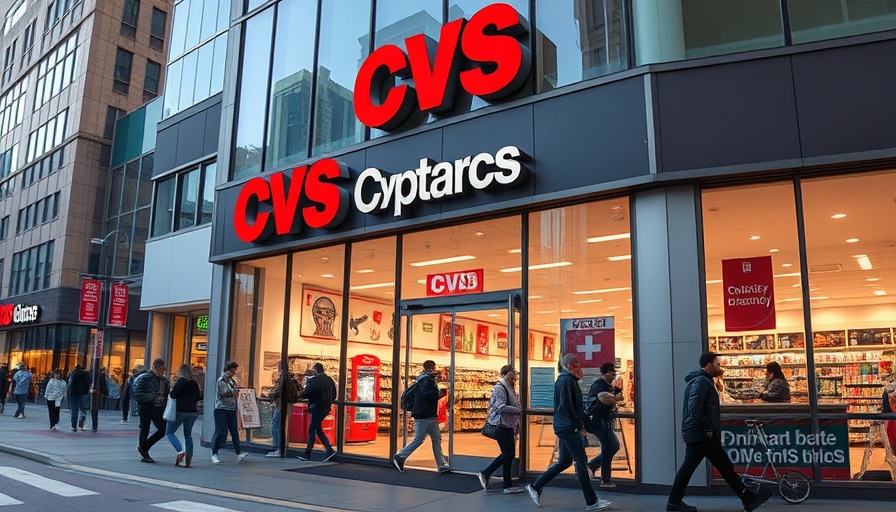
CVS Settles Overbilling Claims with $12 Million Payment
CVS Health has come to an agreement with Massachusetts, paying $12.3 million to settle claims that it overcharged the state’s Medicaid program for prescription drugs. This settlement arises from a lawsuit that accused CVS of offering lower prices to cash-paying customers while billing the state’s Medicaid program, MassHealth, at higher rates. The state alleges that this practice violates pricing regulations established to ensure that Medicaid can access the lowest drug prices available.
The Historical Context of Medicaid Pricing
Since 1995, Massachusetts has had a policy requiring pharmacies to provide the lowest prices to its Medicaid program. This law was designed to ensure that taxpayer funds are used effectively while providing affordable healthcare to residents. However, the lawsuit suggests that CVS systematically breached this policy by providing better rates to other payers, such as those using prescription discount cards from sources like ScriptSave.
Community Impacts of Overcharging
The ramifications of CVS's pricing strategy are significant. When pharmacies overcharge programs like MassHealth, it not only impacts the state budget but ultimately affects community health resources. The additional costs passed onto taxpayers can lead to budget cuts in crucial areas like public health and wellness initiatives. This means less funding for health and wellness programs and resources that communities, especially those low-income, rely on.
Looking Ahead: Future Pricing Reviews
Under the terms of the settlement, CVS has committed to an annual review process of its pricing practices for MassHealth. This step is critical to preventing future discrepancies and ensuring that the state has equitable access to prescription drugs. Such measures are pivotal as they can help maintain integrity in public health systems and ensure that patients receive the necessary medications at fair prices.
Broader Implications for Health and Wellness
This situation shines a light on the broader issue of healthcare costs in the United States. With healthcare being a pressing concern, the CVS settlement is just one instance of many wherein pharmaceutical pricing practices may be hurting community health. Transparency in drug pricing is essential for maintaining community trust and ensuring accessibility to health and wellness products. As consumers become more aware of drug costs, this case could inspire more significant movements towards reforming how prescription prices are determined.
A Call to Action: Advocate for Transparency
As a consumer, it’s essential to advocate for transparency in healthcare pricing. Understanding how pharmacy benefit managers operate and how they set prices can empower community members to demand better practices. Engaging with local representatives about these issues as well as participating in health and wellness events can help cultivate community awareness and push for necessary reforms that benefit all.
In a time where community health is paramount, and many face challenges in accessing affordable drugs, cases like CVS's highlight the need for vigilance in ensuring fair practices in health and wellness industries. Consumers have the power to push for change by staying informed and involved.
 Add Element
Add Element  Add Row
Add Row 



Write A Comment